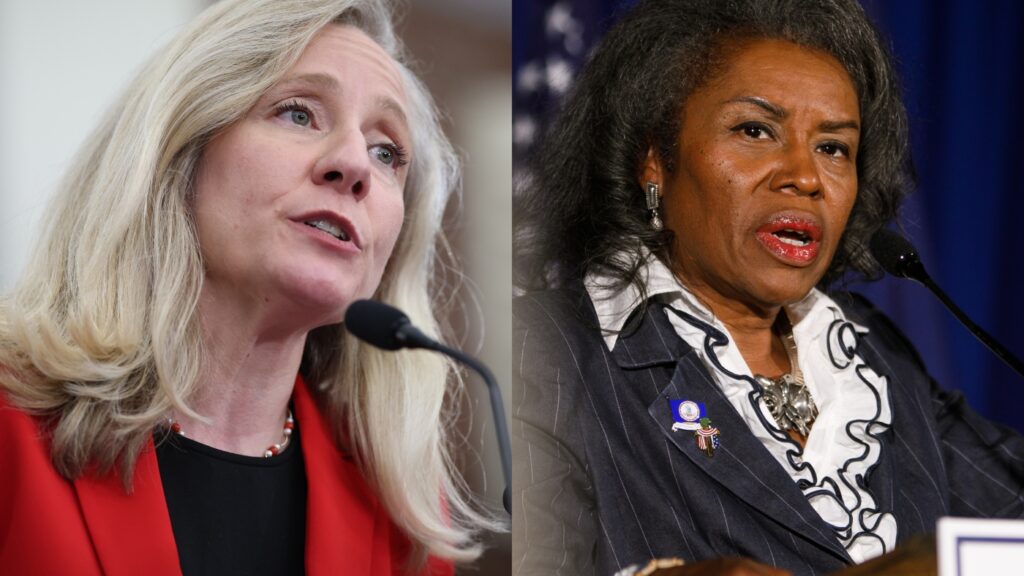In Virginia, the upcoming gubernatorial election is poised to make waves as Democrat Abigail Spanberger and Republican Winsome Earle-Sears vie for the governor’s seat. The political landscape in Virginia, historically a purple state, has been influenced by recent shifts rightward, prompting a close race between the two candidates. Spanberger, a former congresswoman representing Virginia, emphasizes gun safety measures and bipartisan policies, leveraging her moderate image and experience as a federal agent and CIA officer.
On the other hand, Earle-Sears, the current lieutenant governor, focuses on economic issues and tax cuts, positioning herself as the successor to Gov. Glenn Youngkin’s business-friendly approach. She has drawn attention for her conservative stances on abortion rights and immigration policies, presenting herself as a champion of individual freedoms and lower taxes.
As the race progresses, analysts predict a leaning towards Spanberger, given Virginia’s history of electing governors from the opposing party of the White House and the Trump administration’s impact on federal workers in the state. While Spanberger holds a fundraising advantage and polling support, Earle-Sears and Republicans see opportunities to appeal to voters with economic concerns and a potentially unsettled electorate.
The outcome of the Virginia governor’s race will not only shape the state’s political landscape but also serve as a barometer for national political trends, with implications for both Democrats and Republicans as they navigate the post-2024 political landscape.

